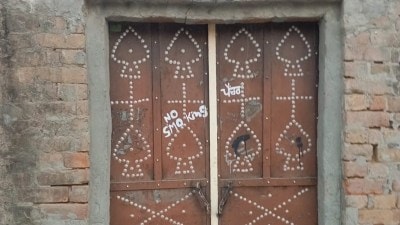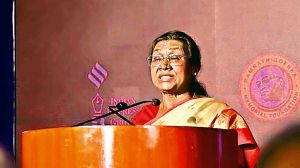Unwanted daughters drop a common name
Naming ones fourth or fifth daughter Nakoshi,meaning unwanted,is a tradition that has been depriving the child of both love and respect
Naming ones fourth or fifth daughter Nakoshi,meaning unwanted,is a tradition that has been depriving the child of both love and respect. Satara district officials have surveyed the problem for the first time,found 265 families who have named their daughters Nakoshi,and offered them the benefits of government schemes for the girl child.
Once the girl is named Nakoshi,the entire family and even the village looks down on her. She is treated like a servant,asked to perform menial jobs and not sent to school, says Shyam Deshpande,Satara zilla parishad CEO. At a public ceremony last year,all these girls called Nakoshi were given new names.
It has to be legalised and a notification has been to be made in the gazette for girls above 18 years, says Deshpande.
The survey now seeks to assess the girls emotional and social needs. How are these girls placed today in their homes? Do they need education? Do they require a job? These are among the questions we want to ask these families, says Samata Mane,assistant professor at Yashwantrao Chavan School of Social Work at Satara .
The schools social workers have been roped in by the Satara zilla parishad to conduct the follow-up survey. The survey is under way among the 265 families. There could,however,be a lot more such Nakoshis in the interiors,says Mane. Once the data is compiled and assessed,we also plan to take assistance from Gokhale Institute of Politics and Economics in Pune, Deshpande said.
At 881 girls per 1,000 boys,Sataras child sex ratio is just lower than the state average of 883.
Deshpande has plunged into another initiative after a personal loss. His son,23,mentally challenged and visually handicapped,died this year. My child would have received benefits including pension and other claims after our death. But there are so many orphans who live with their relatives without any monetary benefits, he says.
Deshpande conducted a survey and identified 56 such orphans. We will place this list on our website and invite donors, says Deshpande.




- 01
- 02
- 03
- 04
- 05



























